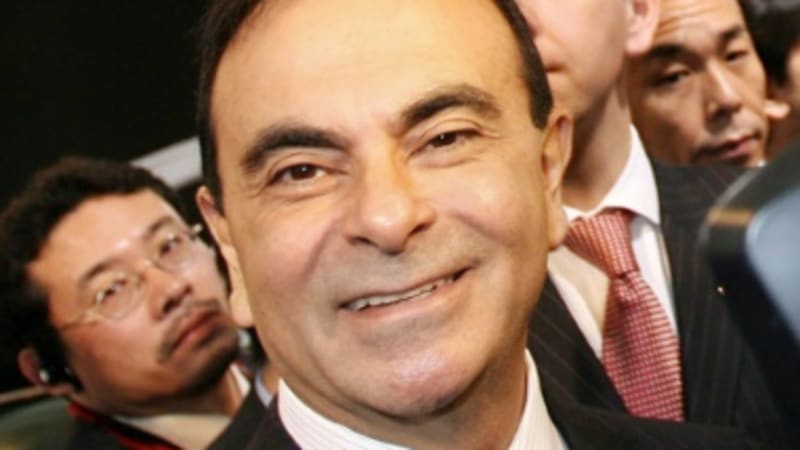Audi Repair Shop Doylestown
Call 267 279 9477 to schedule a appointment

“
… estimated that carrying out the
operation would be the equivalent, for
, of putting $5 billion in a container ship and sinking it in the middle of the ocean.”
So wrote Carlos Ghosn in
“SHIFT: Inside Nissan’s Historic Revival,”
which was published in the U.S. in late 2004.
Two points about that observation:
It is in keeping with
“Often wrong but never in doubt.”
It shows that Ghosn is a remarkable executive, given that he was able to take Nissan from the edge of financial oblivion to one of the foremost automotive companies (although with
Renault and, more recently,
).
In 1999, Ghosn created what was named the “Nissan Revival Plan.” It could have just as well been called the “Nissan Resuscitation Plan.” Things were that bad.
Now Ghosn is in the
, accused of
financial improprieties of some sort
. There is no indication that this is at anything near the scale of what happened at
Group. There’s malfeasance. And then there’s
malfeasance
.
It is likely that this is going to be the end of Ghosn’s career, but at age 64, and as a man who has spent nearly the past quarter-century essentially on airplanes, it is probably a good time to leave the stage. What his next act will be — to court or even prison — is an open question.
But arguably, Ghosn’s performance in the transformation of Nissan and Renault, which also needed some strong medicine to keep it from collapse in the early ’00s (although one suspects that the French government would have done its damnedest to keep it propped up), makes him one of the all-time most-notable executives in the auto industry.
Ghosn closed plants in both France and Japan and he worked to dismantle the Nissan
keiretsu
network of interlocked companies, things that were absolutely unthinkable.
He established plans with stretch goals in their titles, like the “20 Billion Franc Cost-Reduction Plan,” and worked with his people to achieve them, despite the pushback that seemed to come along with the announcement of the plan.
As in, as he
in SHIFT, “Some people said, ‘He’s off the deep end. He’s raving mad. Doesn’t he know that at Renault you set the most conservative goals possible so you can be certain to reach them?’ My answer to that sort of thinking was ‘You’re going to get what you ask for. If you set the bar too low, you’ll be a low-level performance. But if you put the bar higher, you’ve got a chance of getting better results.’ They thought I was clueless.”
He wasn’t.
Ghosn drove for simplification. For creating clear metrics. For having cross-functional teams throughout the organization so that there could be no finger-pointing if things went badly. For driving — hard — for profitability. For having a sense of urgency. For creating a strategy and goals to achieve it. For seemingly tireless work.
As I reviewed SHIFT in light of what is yet to be fully illuminated, one line struck me: “There are no foregone conclusions, and the game’s never over.”
Related Video:
from Autoblog https://ift.tt/2QXaVtD
